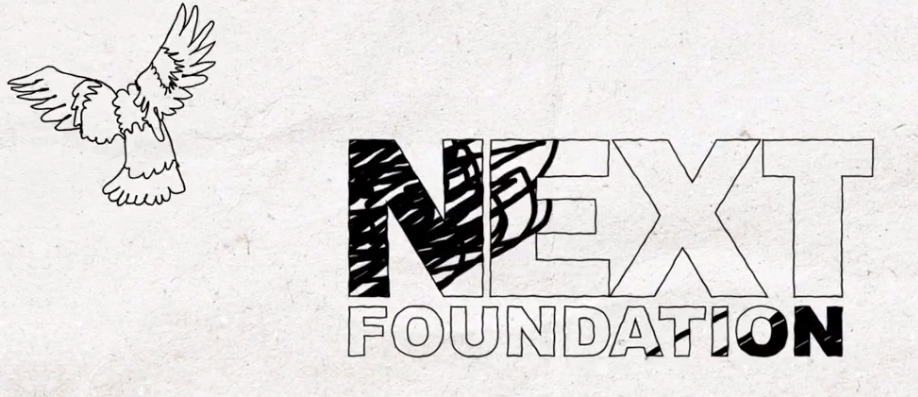Chris Liddell and NEXT Foundation, his version of Bill Gates’ foundation, Kiwi-style

New Zealander Chris Liddell spent a fair bit of time hob-nobbing with Bill Gates (one of the world’s largest philanthropists, among other things) when he (Liddell) was the finance boss of Microsoft.
Despite moving on (Liddell left Microsoft at the end of 2009 for CFO jobs at General Motors, and then US talent agency William Morris Endeavor), he still lives in the US and sees Gates a few times a year, and maintains an interest in Gates’ $US42 billion foundation.

Liddell also knows Warren Buffett (the world’s largest philanthropist), personally, and has spent time at the smaller, but influential, Rockefeller Foundation.
So he knows a bit about money – and has views about giving it away.
The NEXT Foundation, which he chairs, was founded in March to hand out $100 million from retired Kiwi couple Neal and Annette Plowman
The Plowmans made their money when they sold their successful industrial cleaning and hygiene company Endeavour Services Corporation to the American Steiner Group in 1998.
They have been involved in philanthropy ever since, including the restoration of Rotoroa Island into a conservation park.
The NEXT Foundation received 287 applications for funding, Liddell says, and its first four investments were announced today.
Next Foundation – Announcement by Chairman Chris Liddell – 2014 from Next Foundation on Vimeo.
Approximately $5m will be spent jointly across two conservation and two education projects:
- Zero Invasive Predators, a DOC pest-control project
Next Foundation – ZIP – 2014 from Next Foundation on Vimeo.
- Dame Anne Salmond’s Te Awaroa clean rivers scheme
Next Foundation – Te Awaroa – 2014 from Next Foundation on Vimeo.
- The Mind Lab by Unitec, which upskills teachers in digital and collaborative teaching practices
Next Foundation – Mind Lab – 2014 from Next Foundation on Vimeo.
- The Springboard Trust project to improve leadership and strategic planning among school principals.
NEXT plans to commit between $5m and 15m a year over the next 10 years for other environment and education projects.
The model is closer to venture capital than traditional philanthropy. NEXT will invest relatively large sums of money ($5m-$15m over the life of a project) in a small number of mostly early-stage ventures, and will be relatively hands-on, Liddell says.
“We are taking a structured approach, taking the principles of well-run organisations and applying them in the philanthropic sector.
“Often in the philanthropy world, people have good intentions but don’t always have the skills to run complicated projects. We are trying to deliver disciplines and processes, not just money.”
NEXT chief executive Bill Kermode was a founding director of private investment company Direct Capital, working there for 20 years, and investing $800 million in more than 60 companies.
And the NEXT board of directors is heavy on lawyers, accountants, company directors and business people.
“We are looking for people who had a successful career but have a philanthropic streak. We are helping the [funded] organisations with their management team, their vision, getting tangible results and maximising their resources.”
Interesting point
Liddell says philanthropy is at an interesting point in New Zealand.
“We are the first generation where a significant number of people have made a significant amount of wealth in their lifetime. They get into their fifties, sixties and seventies, and are thinking about what they should do with it.
“You can give it to your children and grandchildren, or to the government, or you can give it away. I think it’s better to give it away, and I like to think that over the next 5-20 years there will be a lot more of this happening.”
In the US there is 100 years of history of wealthy individuals doing similar things, Liddell says, and in Australia “we are starting to see people giving away large amounts. We’ve not seen it to that extent in New Zealand, but I am really encouraged.”
Liddell says while there are existing major New Zealand philanthropic foundations (for example, those associated with the Todd and Tindall families), often Kiwi donations have been anonymous and ad hoc. However, he says there is an emerging discussion about making donating money more structured, and NEXT is keen to be part of the debate.
“Giving away money isn’t easy. It’s as hard as making it, if you are going to do it well.”





